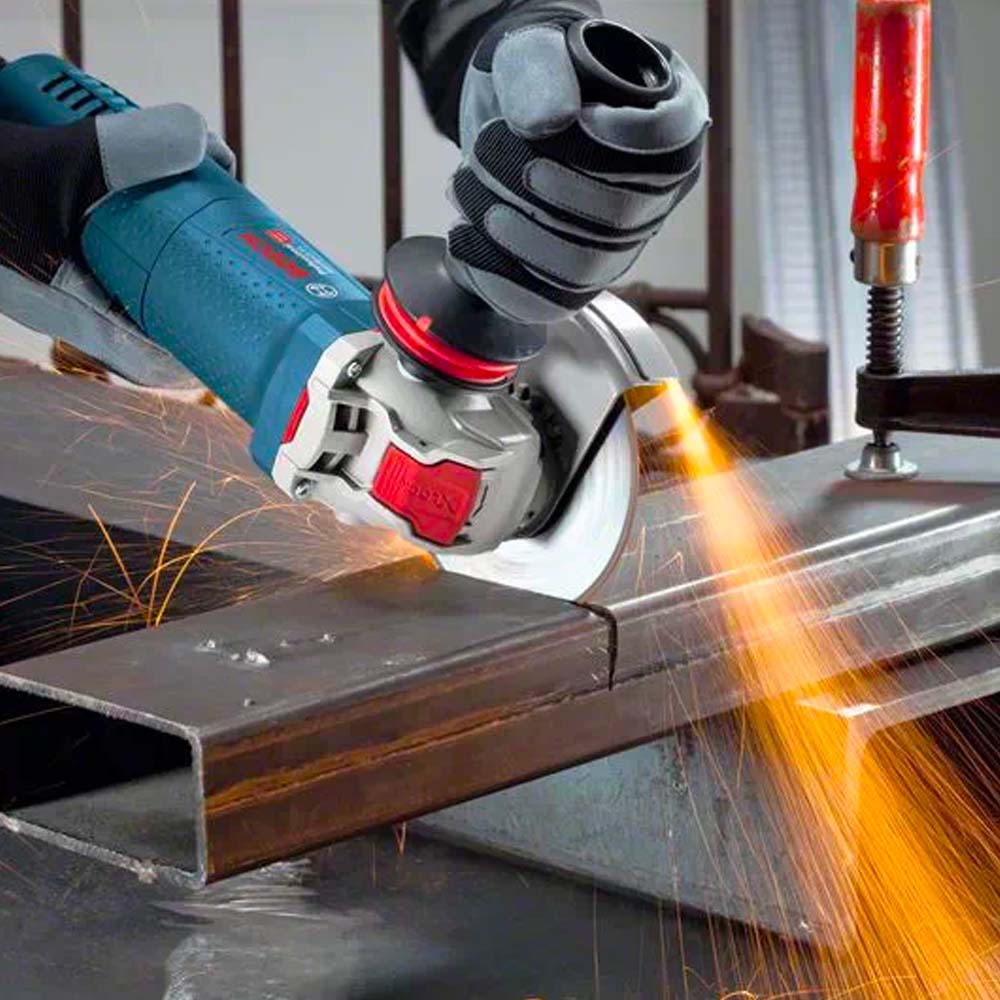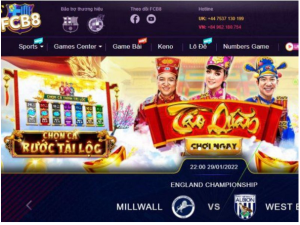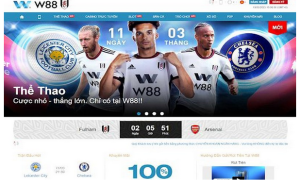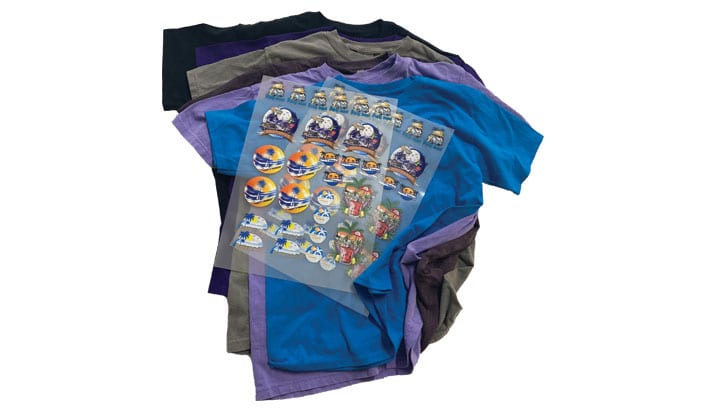To completely see the value in IPTV, it’s critical to comprehend center parts and advancements drive its usefulness and client experience. Here is a point by point assessment of the different components that add to the consistent conveyance of IPTV administrations.
Center Parts of IPTV
Content Administration Framework (CMS)
Capability: The CMS is answerable for arranging, putting away, and overseeing content. It incorporates with the middleware to work with content conveyance and guarantee that media documents are open to end-clients.
Highlights: Incorporates metadata the board, content arrangement, booking, and combination with video-on-request libraries.
Middleware
Capability: Goes about as the connection point between the substance the board framework and the end-client. It gives fundamental capabilities like client confirmation, channel route, and intuitive elements.
Highlights: Incorporates electronic program guides (EPGs), client profiles, and proposals in light of survey history.
Set-Top Boxes (STBs)
Capability: STBs are equipment gadgets that decipher IPTV streams and convey them to the television or other associated gadgets. They frequently accompany extra functionalities like recording and intuitive highlights.
Highlights: Different models offer various abilities, including support for top quality (HD) or 4K goal, worked away, and coordination with other brilliant home gadgets.
Content Conveyance Organization (CDN)
Capability: CDNs convey and reserve content across various servers to further develop conveyance speed and unwavering quality. They assist with lessening idleness and buffering by serving content from the closest server to the client.
Highlights: Incorporates load adjusting, failover systems, and ongoing checking to guarantee a smooth streaming encounter.
Encoders and Transcoders
Capability: Encoders convert crude video and sound signs into a computerized design reasonable for streaming. Transcoders adjust this substance to various organizations and goals to guarantee similarity across different gadgets.
Highlights: Supports various codecs, including H.264, H.265, and VP9, and works with versatile bitrate real time for upgrading video quality in view of organization conditions.
UI (UI)
Capability: The UI is the visual and intuitive layer that clients connect with. It incorporates components like channel guides, search capabilities, and playback controls.
Highlights: Intended for convenience, frequently including adjustable designs, voice control, and coordination with suggestion calculations.
IPTV versus Customary television
To feature IPTV’s benefits, how about we contrast it with conventional TV designs:
Conveyance Strategy
IPTV: Conveyed over the web, offering adaptability in survey areas and gadgets.
Conventional television: Conveyed through link, satellite, or earthly signs, frequently restricted to explicit gadgets and areas.
Content Openness
IPTV: Gives on-request happy, live television, and intelligent elements. Clients can get to a tremendous library of content at whatever point they pick.
Customary television: Normally offers a set timetable Buy IPTV UK of programming with less adaptability in getting to content on request.
Client Experience
IPTV: Offers a profoundly customized insight with intelligent elements, suggestions, and multi-gadget access.
Customary television: By and large offers a more detached survey insight with restricted intelligent choices.
Cost
IPTV: Frequently furnishes a financially savvy arrangement with different valuing models, including membership based administrations and pay-per-view choices.
Customary television: Commonly includes greater expenses, including hardware rental charges and possibly higher membership charges for premium stations.
IPTV Market Elements
Purchaser Inclinations
Customization and Personalization: Purchasers progressively look for administrations that propose customized proposals and adaptable review encounters. IPTV stages influence calculations to recommend content in light of survey propensities and inclinations.
Multi-Screen Review: With the ascent of cell phones, watchers hope to get to their substance across different screens, including cell phones, tablets, and workstations. IPTV takes special care of this interest by supporting gushing on different gadgets.
Packaging with Different Administrations: Numerous IPTV suppliers offer packaged bundles that incorporate web, telephone, and other computerized administrations. This packaging can offer expense investment funds and expanded comfort for clients.
Mechanical Advancements
Cloud-Based Arrangements: Cloud innovation is by and large progressively taken on in IPTV for content capacity, handling, and conveyance. Cloud-based arrangements offer adaptability and adaptability, permitting IPTV suppliers to oversee enormous volumes of content and client information effectively.
High level Examination: IPTV suppliers utilize progressed investigation to assemble experiences into watcher conduct, content execution, and organization use. This information upgrades content conveyance, improve client experience, and target promoting all the more really.
Intelligent and Social Elements: Future IPTV administrations are probably going to consolidate more intuitive and social highlights, like live visit during communicates, virtual entertainment coordination, and continuous crowd interest.
Difficulties and Future Contemplations
Administrative and Permitting Issues
Content Permitting: Getting content licenses can be intricate and exorbitant. IPTV suppliers should explore different permitting arrangements to offer an assorted scope of content while sticking to legitimate and local limitations.
Administrative Consistence: IPTV administrations should consent to guidelines connected with information security, content assurance, and purchaser privileges. Suppliers need to remain refreshed on advancing lawful necessities in various districts.
Mechanical and Foundation Difficulties
Data transfer capacity Restrictions: Great streaming requires huge data transfer capacity. Suppliers should guarantee they have sufficient foundation to help enormous volumes of information and high-goal content.
Network Unwavering quality: IPTV administrations rely upon steady and solid web associations. Suppliers need to resolve issues connected with network blockage, inactivity, and blackouts to guarantee a smooth survey insight.
End
IPTV addresses a critical development in TV innovation, offering more prominent adaptability, personalization, and admittance to an extensive variety of content contrasted with conventional television strategies. As the business keeps on developing, IPTV will probably incorporate further developed advances and elements, upgrading the review insight and fulfilling the consistently changing needs of purchasers.
Figuring out the complexities of IPTV, from its center parts to showcase elements and future patterns, gives significant experiences into its job in molding the fate of advanced diversion. Whether you’re a buyer, industry expert, or tech fan, staying informed concerning IPTV improvements can assist you with exploring this dynamic and quickly developing field.…













